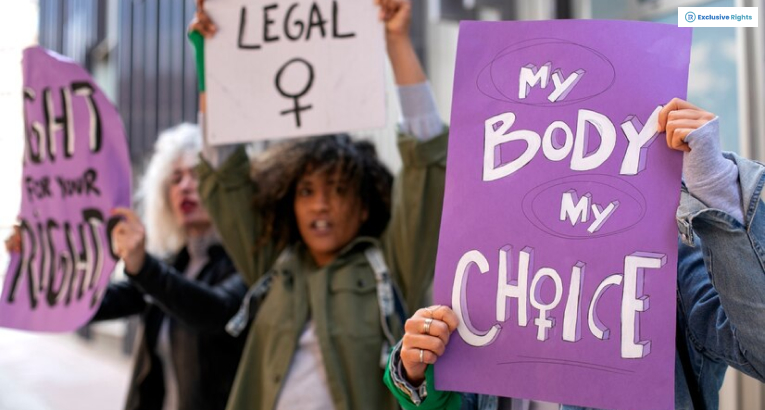
Table Of Contents
More than Half of Black Women in the US Face Abortion Bans
A mere report by the National Partnership for Women & Families as well as In Our Own Voice shows us clearly the unvarnished truth that more than six of our communities are rejected from health insurance coverage. Seven million Black females in the age range 15 to 49 years in the US.
The finding reports that these women (57% of Black women of reproductive age), who reside in the states where abortion bans or restrictions were enacted subsequently after Roe v. Wade was overturned in 2022, are among the affected population.
This report largely brings to the fore the issue that Black women are finding it difficult to access reproductive healthcare and that only 2 percent of them have felt to be treated in a respectful way. Women, Black and economically insecure, amounting to 7 million, living in these states incapable of organizing the funds to travel for abortion care being the case.
In addition, the study notes that a major segment of uninsured and Medicaid-linked Black women also belong to those states that have abortion restrictions as their policies, thus really limiting their access to needed services.
Taking account of concerns of displaced female nurses, in the phrase of Jocelyn Frye, president of NPWF, healthcare access is enhanced and has bettered overall demographics. The report also features the doubles without hesitations among states with high maternal mortality rates, with Black women mainly being the targeted population. Regarding the 2024 presidential election, abortion access is a high priority on the voting list for black women, and 28% of total participants held it as a top-most factor influencing the cast of their vote in 2024.
The report points out the overrepresentation pattern among black societies of poor health outcomes from inadequate abortion barriers, leading the medical care Medicare and maternal death inequality to increase. The report highlights the need to act now to accommodate Black women in healthcare and encourage the enactment of constant equal legislation for the protection of women’s rights and well-being.
Read More…
Women Fearing for Their Health and About Their Ozempic Babies
Private Health Insurance Holders at the Risk of Facing Higher Health Costs
Biden’s campaign launches after Trump on healthcare in $14 million ad boost









